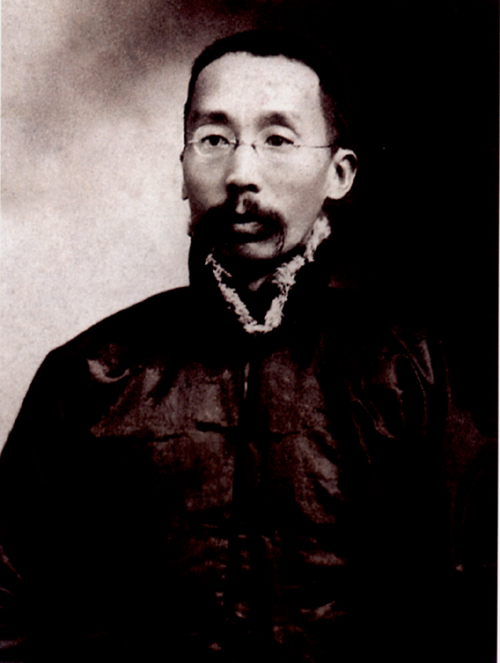Chao Erh-sun (7 July 1844-3 September 1927) served the Ch'ing government in such capacities as governor general of Szechwan and of the Three Eastern Provinces. After 1912 he was editor of the bureau of Ch'ing history, responsible for the compilation of the Ch'ing-shih kao [provisional history of the Ch'ing]. A native of T'iehling, Fengtien, Chao […]








